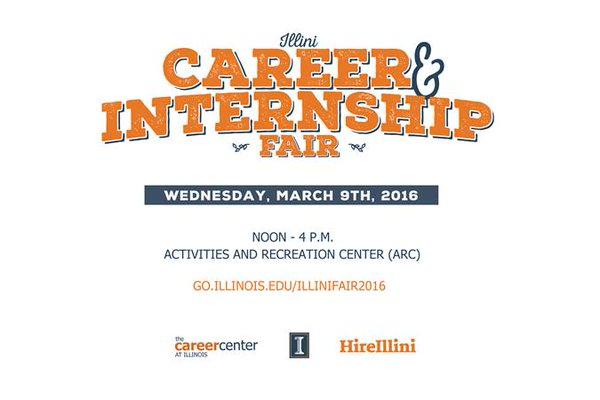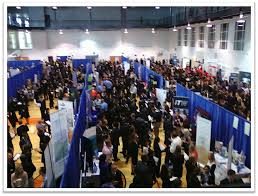Are employers interested in talking to you?
YES.
Desirable English/CW major skills
- Communication (both oral and written)
- Knowledge about cross-cultural issues, diversity, inclusivity
- Research and information retrieval
- Analytical thinking
- Creative thinking and problem-solving
- Effective with ambiguity, uncertainty, incomplete information
- Learning and synthesizing new ideas
- Teamwork
(English majors: You’ve explored 1500 years of the written word, from Beowulf to Derrida, some of the densest and most challenging prose ever written: complexity doesn’t scare you.)
(Creative writing majors: You’re skilled at working with groups to bring out the best in yourself and others; you know how to bring creative rigor to any problems and how to hold a team to high standards.)
Note that you have probably honed these skills outside the classroom as well: in your RSOs, volunteer work, paid employment, summer jobs, etc. It ALL counts, whether you got paid for it or not.
How do I get ready for a career fair?
Prepare!
Lots of information about the employers coming to the fair and the jobs they have available is already available. The more you prepare, the more effectively you can job-search at the fair.
- Login to I-Link, log in, then tap “Career Fairs” under the “Events” tab in the blue bar.
- Click on “2015 Illini Career and Internship Fair,” then scroll down for the list of employers.
- You CAN use the “Advanced Search” function to narrow down the list of employers in various ways, but it may not be helpful.
- Not all employers have posted available positions yet; some may not. Keep checking the site as the fair approaches.
- Glean as much info as you can from the I-Link listing, but also go to the company website (whether I-link provides a link or not) to learn as much as you can about the positions being offered AND the company itself.
- Other places to look for info about the company:
- LinkedIn (do you know anyone who works there? What are the people like who work there? What can you learn about the company structure?
- Glassdoor.com
- Google news (look for the most recent news item about the company—GREAT talking point!)
- If there are unfamiliar terms in the position description, look them up.
- If the organization is part of an industry you don’t know much about, read up.
- Prepare an “elevator pitch”–a way of introducing yourself that emphasizes your skills and background for the job you are seeking.
- Prepare a question to ask–preferably one that can’t be answered by re-reading the job ad or looking at the company website.
I don’t own a suit and don’t have money to buy one. Can I still go?
Yes. Not all businesses at the fair equate a suit with professional attire. If you have a suit, go ahead and wear it. If you don’t, aim to look professional with the clothes you have:
- Dressy skirt or slacks in neutral colors.
- Collared shirt and tie or a nice blouse or sweater
- Good shoes (no athletic shoes, sandals, flipflops, hiking boots, or snowboots)
- Minimal tasteful accessories (nothing jangly or distracting; belts and socks that match trousers).
- Hemlines, necklines, and fit should be office-appropriate (if you would wear it to a club, it’s probably not appropriate for a career fair)
What should I bring with me to the fair?
- Updated resume targeted to jobs you’re interested in (number of companies/ organizations you want to talk to + 5 extra). If you’re applying to more than one kind of job, you may need more than one version of your resume.
- Portfolio/folder, pen, paper
- Safe place to put business cards
- Comb, breath mints, tissues
- Student ID and nametag from the Career Center
- List of organizations you want to talk to and openings you are applying for.
What do I do at the fair?
- Map out a path in advance
- Talk to two or three other organizations before you approach the ones you are most interested
- Respect others waiting in line to talk to recruiters.
- Don’t obviously listen in on others’ conversations with recruiters
- Pay attention to the instructions at the booth.
- Establish eye contact, shake hands firmly, introduce yourself, ask how the recruiter is.
- Be confident (If you make a fool of yourself, who cares? You’ll probably never see this person again).
- Take an active role in the conversation
- Be mindful of time and others waiting.
- Hand over a resume and collect a business card (or any other relevant information the recruiter gives you).
If I feel like I’ve made a connection with a recruiter, what do I do next?
- Confirm next steps in selection process (apply online? submit a writing sample? look up a related opening at the same company?)
- Thank them for their time
- After you walk away, jot down meaningful details of the conversation; make sure you’ll be able to remember which business card goes with with recollection.
- Take whatever next steps have been recommended to you by recruiters (applying online, contacting someone else, submitting writing samples, etc.)
- Email a thank-you to everyone you spoke to–try to bring up something specific that came up in conversation to job their memories. Attach your resume (PDF), convey your enthusiasm, and describe any follow-up actions you’re taking
Any other advice?
- Work the fair alone. If you go with a friend, set up a time and place to compare notes (there are often free sandwiches at the Jimmy Johns table, FYI), but wait on line and talk to recruiters by yourself.
- Avoid getting weighed down with swag.
- On your way out, get a head shot to use in for LinkedIn and other social media.
- There will be a place to leave your coat and bag; use it.


